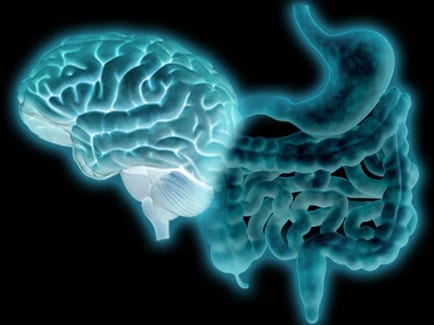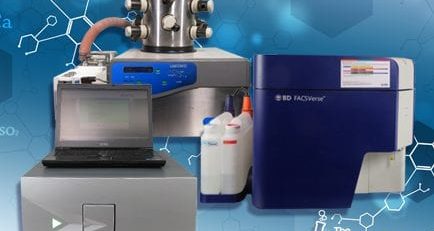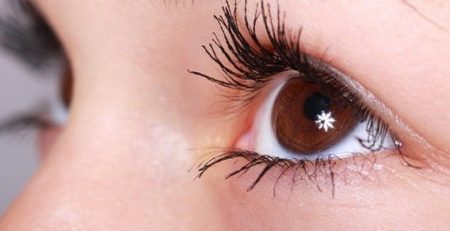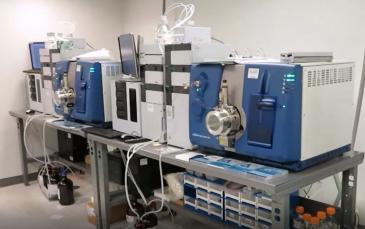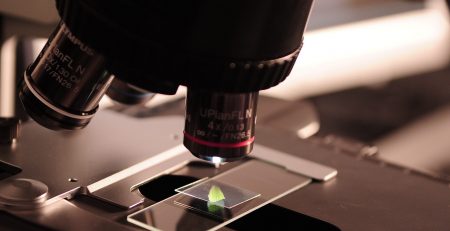Feeling Depressed? Take a Look at Your Gut
Belgian researchers believe they have found a new connection between depression and quality of life and a certain series of gut bacteria, IFLScience.com reports. According to their findings, reported in Nature Microbiology, they uncovered this link by comparing the fecal microbiome data of 1,054 participants in the Flemish Gut Flora Project with their mental health diagnosis. To validate their findings, they studied two separate groups; over 1,000 participants from the Dutch LifeLinesDEEP cohort and an additional group of clinically depressed patients from the University Hospital Leuven.
In this first-of-its-kind population study, the team was able to identify two bacterial genera, Coprococcus and Dialister, that were consistently depleted in individuals with depression.
“The relationship between gut microbial metabolism and mental health is a controversial topic in microbiome research,” Professor Jeroen Raes said. “The notion that microbial metabolites can interact with our brain – and thus behavior and feelings – is intriguing, but gut microbiome-brain communication has mostly been explored in animal models, with human research lagging behind. In our population-level study we identified several groups of bacteria that co-varied with human depression and quality of life across populations.”
They were also able to identify which species of gastrointestinal bacteria can produce neuroactive compounds by analyzing 532 gemones “belonging to gut microbes and found that several bacteria can produce and interact with neurotransmitters.”
While this study doesn’t test for causality or directionality between depression and gut flora, this study opens the door for additional research in this vein to be conducted.




